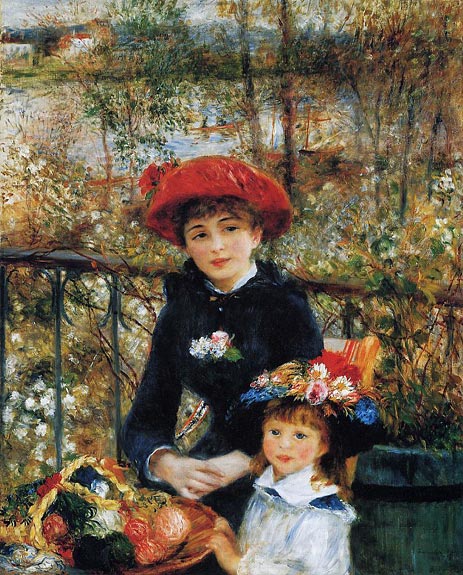David Heiller
I read an
interesting book recently called They
Called Me Teacher, by Tom Melchior.
It contains stories
of Minnesota country school teachers and students from 1913 to 1960. Those
stories run the gamut of human interaction, but one that has to do with bad
teaching sticks in my mind.
Corrine Lesteberg
Johnson, who attended District 40 East near Murdock in Swift County, from
1931-1938, wrote it.
“We all knew that our
second-grade teacher had never lived in the country. So we had a feeling
that she thought she was better than the rest of us. I started at Christmas
time making valentines. We had a long Christmas vacation, six weeks off, so what
was there to do during that
time but make valentines. I loved that kind of creative stuff.
“I used foil from the Christmas cards and the laced doilies that my
mother had bought. I made the cards so they were
three-dimensional, you could open them up. Oh, I really worked on those cards. On
Valentine’s Day I passed out all my beautiful cards. I made a special one for
my teacher.
“At the end of the school day after everybody had looked at their valentines but before school was even out,
my teacher opened the door to the furnace and threw
all the valentines into the fire, including my beautiful card. That really hurt
me. I had worked so hard on that valentine. If she didn’t want to keep them, why didn’t she wait until we had all gone home? Then I never would have known. I never really had a lot of respect for that teacher after that. It broke my heart. I cried all the way home.”
 |
| Noah and Malika with their cousin, Brooke, playing school in the old Brownsville School House. |
We probably all have had experiences with bad
teachers, but that lady would have to top the list.
It got me to
thinking about other bad teaching experiences. I still remember one when I was in second grade. I was playing with scissors, pretending to cut my
nose. The scissors could barely cut paper; let
alone something as tough as my nose. The teacher wasn’t in the room, but she found out
(thanks to a student who shall remain
anonymous), strode over to me, and slapped me
across the face.
I was shocked and
embarrassed, as was the whole class. It was just plain wrong, totally unnecessary.
Bad teaching.
My brother had a bad
teacher one year. He recounted a couple experiences. “We were taking turns
reading from some book and I was nervous about my turn coming up. When it came to
be my turn I stood up and I stuttered the first word, something like p-p-p-p-
and the teacher sat at her desk and did the same thing, p-p-p-p-p. Can you
believe it? She really embarrassed me and all the kids had a good laugh.
Another time, I had to give a report of some kind and the cap on my front
chipped tooth had come off. I walked up to her desk and asked her I could do the
report another day. She refused my request and made me stand in front of the
class with my missing tooth and give the report. Mark it down as another
humiliating day for me.”
A teacher friend of
mine had this tale: “We were seated based on latest test score with the best in
the front right, weaving to the worst in the back left. Can you imagine how
that affected a child’s willingness to learn? Wow!”
Public humiliation
is never a good thing.
 |
| Malika and some classmates in an all school production. |
It’s funny though, I
can’t recall many truly bad teachers or things like this. That’s a testament to
the fact that most of my teachers did a good job, something I still believe is the case.









